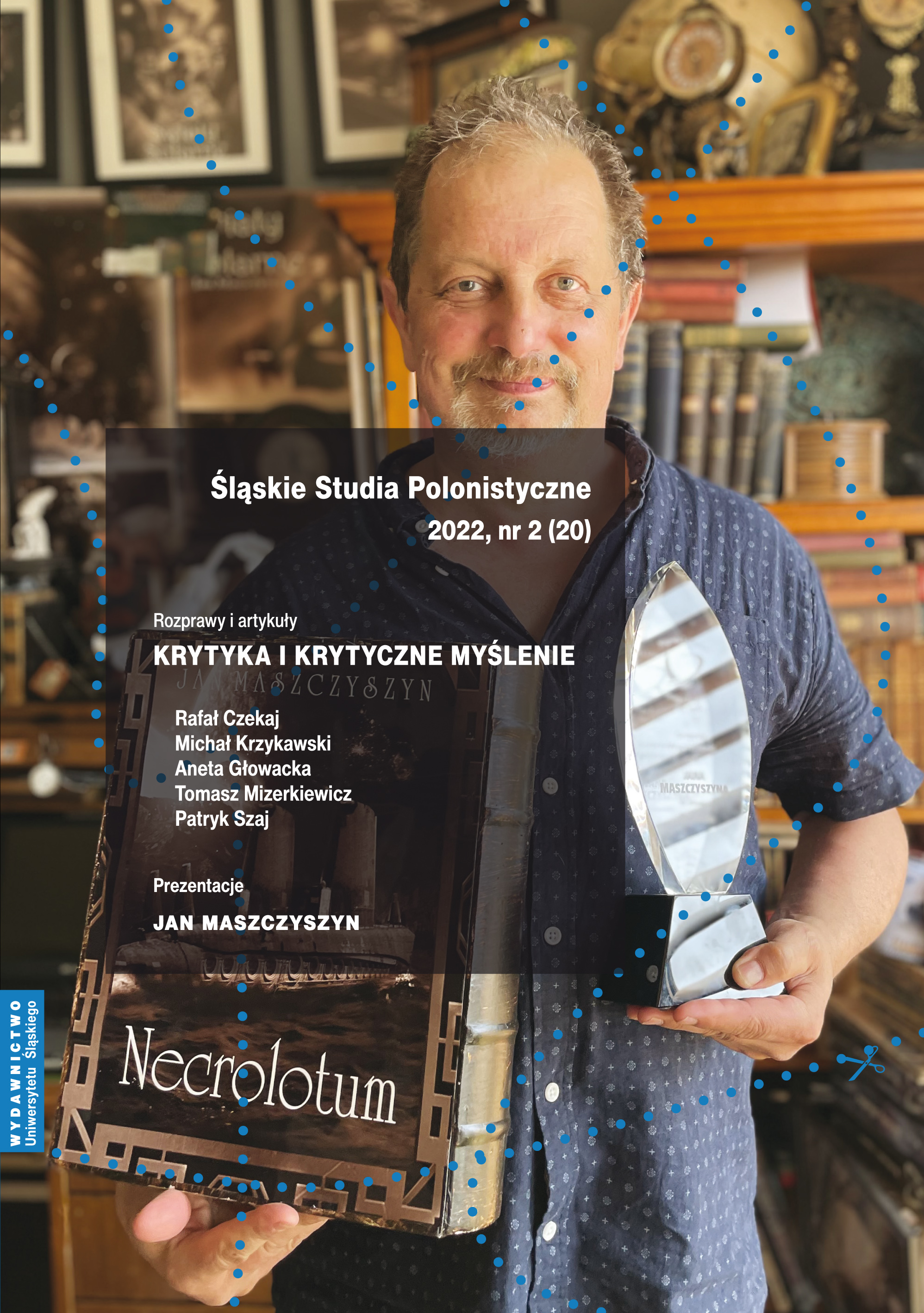Teatr jako instytucja krytyczna
Theatre as a Critical Institution
Author(s): Aneta GłowackaSubject(s): Politics / Political Sciences, Theatre, Dance, Performing Arts, Culture and social structure , Theory of Communication, Philology
Published by: Wydawnictwo Uniwersytetu Śląskiego
Keywords: cultural policy; institutional criticism; democracy in theatre; engaged theatre
Summary/Abstract: The subject of this article is the theatre as an engaged cultural institution in Poland. Its engagement means not only producing critical art (although that is often the beginning of structural changes in an institution), but also, and perhaps most importantly, revealing and verifying the mechanisms of its own functioning. Entering into dialogue with the institution itself is the beginning of its evolution “from criticism to critical institution”. Involving the institution in this context means changing its functioning towards democratic practices. Speaking of democratisation, we can think, on the one hand, of ways of winning the favour of the audience, involving them in the life of the institution and forming alliances with them to protect the institutions from the temptations of the authorities. And on the other, of changing the modes of management. The democratisation of the management process is primarily associated with the emancipation of theatre workers, meaning their self-organisation, the need for empowerment and the development of new management practices and decision-making processes. The empowerment of art workers seems to be an important step in order to “sever” the art institutions’ connections with their manorial dependencies, which are common and very often invisible (also to employees of institutions), because they form, as Andrzej Leder claims, the basis for the functioning of Polish society. Manorial relations, of which the authoritarian model of management is a frequent manifestation, exist not only inside institutions (the director of an institution in his relations with a theatre company), but also at the junction of an institution and its organiser, namely, local and state authorities.
Journal: Śląskie Studia Polonistyczne
- Issue Year: 2022
- Issue No: 2 (20)
- Page Range: 1-19
- Page Count: 19
- Language: Polish

